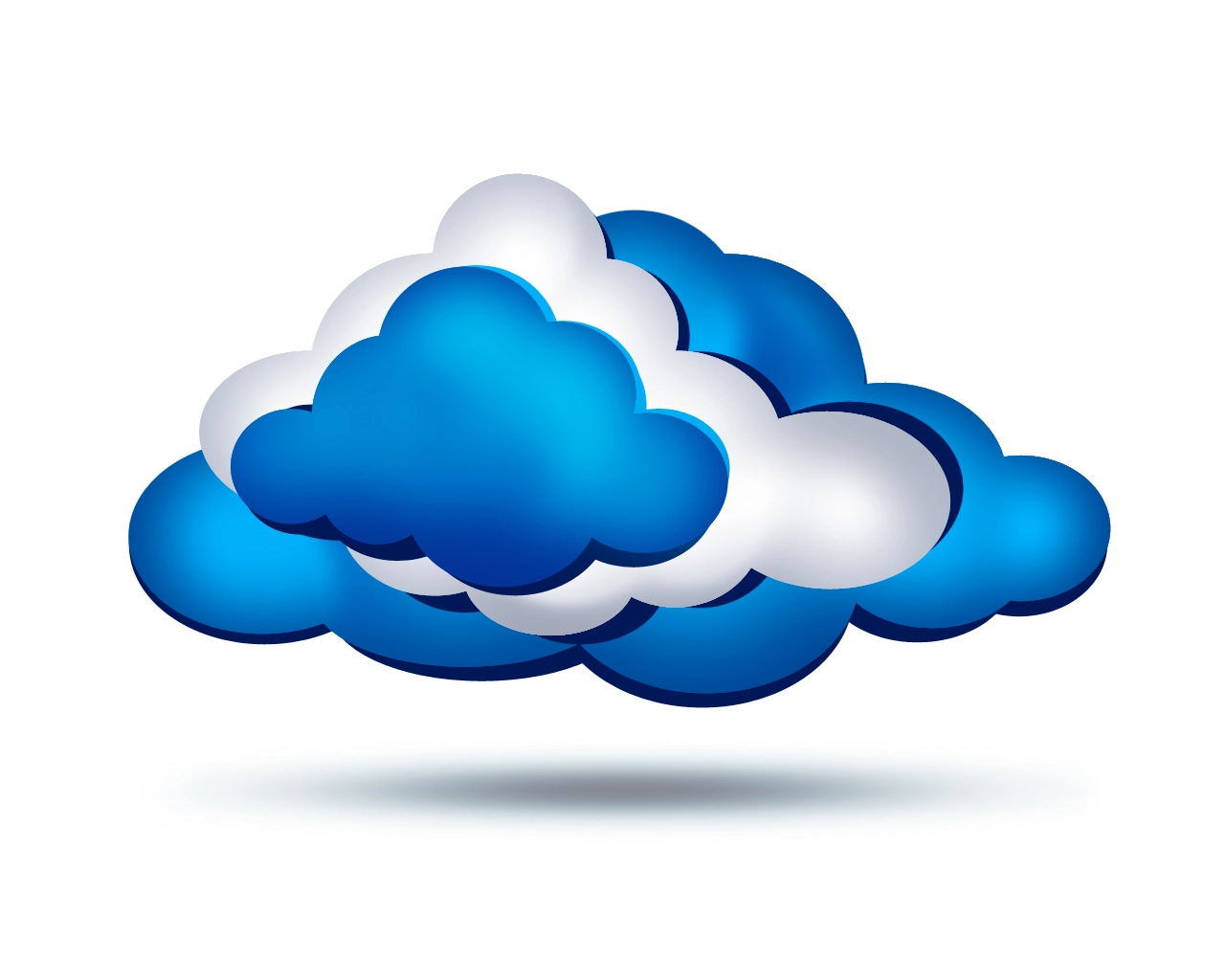The risks of digital media purchases, and how to keep what you pay for
A few days ago, I wrote a review of Monopoly Millionaire for Android. I raved about how creative it was, how it put a new spin on a classic game, and I enthusiastically recommended it to anyone who was reading. Then the comments started coming in:
…the Play Store is giving me an error not found message.
No longer available
I don’t see it in the Play Store either. Not the store on my phone, but the store online which should allow me to at least see it.
The app appears to have been pulled.
I checked on my ASUS Nexus 7, and even though the app was installed on my tablet, I couldn’t find it in the Play Store, either. So, I went to my computer, signed out of my Google account, and tried the link – once more, an error page was displayed. Something wasn’t right here, and herein lies the risk of digital media purchases.
What many people don’t realize is this: when you purchase something digitally, most of the time you’re not actually purchasing ownership of the file. Instead, you’re purchasing the ability to use that file on your devices, as long as the powers that be want you to. So, for example, I purchased the right to install Monopoly Millionaire on my device, but if EA or Google want to pull the app from the Play Store at any time, they can – and I have no recourse. If I reset my device, or upgrade to a new device, EA and Google don’t have to provide me with the .apk file to install it on my new device. Google even has the right to remotely uninstall Monopoly Millionaire from my device, if it wants to – granted, that doesn’t happen very often, but it’s technically possible.
The same principle here also applies to music, movie, and book purchases. If Google gets into a dispute with Lady Gaga or her label, Google is within its legal right to remove the Lady Gaga albums I have purchased from my Google Play Music library, without even so much as an apology note. Again, it’s highly unlikely that would ever happen; the public backlash would be too great, and Google would most likely permanently lose too many users. But it’s still technically possible.
This problem manifests itself more often in app stores, like the Play Store, where apps come and go at the whim of carriers, developers, and Google itself. Sprint might decide to block a tethering application that you paid for, for example, or another app like Roam Control might be pulled from the Play Store all together. Developers might be nice and offer paying customers a way to download and install the app outside of the official app store, but they don’t have to.
So how do you protect yourself?
First, root your phone, and install Titanium Backup. Titanium Backup allows you to backup all the apps you’ve downloaded, along with the user data that’s associated with them. You can then move that backup file to any other device you own, and restore all or some of the apps, including the user data. This is great if you switch phones, for example, and discover that a certain must-have app isn’t available for your new device. It’s also a great tool in case a developer has decided to make an app invisible to your phone in the Play Store for no good reason.
Second, when purchasing digital media, download a separate copy. Google Play Music lets you download any track you’ve purchased as a DRM-free MP3 file, and so do lots of other services. Google Play Books does the same for any ebook you’ve purchased. (Always make sure that you are purchasing DRM-free media.) This way, you’ll have your “cloud copy” and your own personal copy that you’ve already downloaded, just in case the cloud copy goes poof!
Third, back up your hard drive to a separate, external hard drive. Or, back up your hard drive to a cloud service – and then use something like CloudHQ to back up your cloud service. (If you live in the cloud like I do, this is a must-have service. There are too many horror stories about people getting hacked, locked out of cloud storage accounts, or data accidentally getting deleted. Backing up your main cloud to a secondary cloud will help mitigate this risk.) Most of these backups can be scheduled automatically, so you don’t really have to remember to do anything yourself, once you’ve set them up.
Now, don’t get me wrong. Digital purchases are great, and I really don’t find myself purchasing CDs, DVDs, or hard copies of books very often anymore. Hard copies also aren’t invincible – they can be stolen, lost, and destroyed. Overall, I think digital purchases are safer and will probably last longer … but you still have to protect yourself, just in case something goes wrong.



